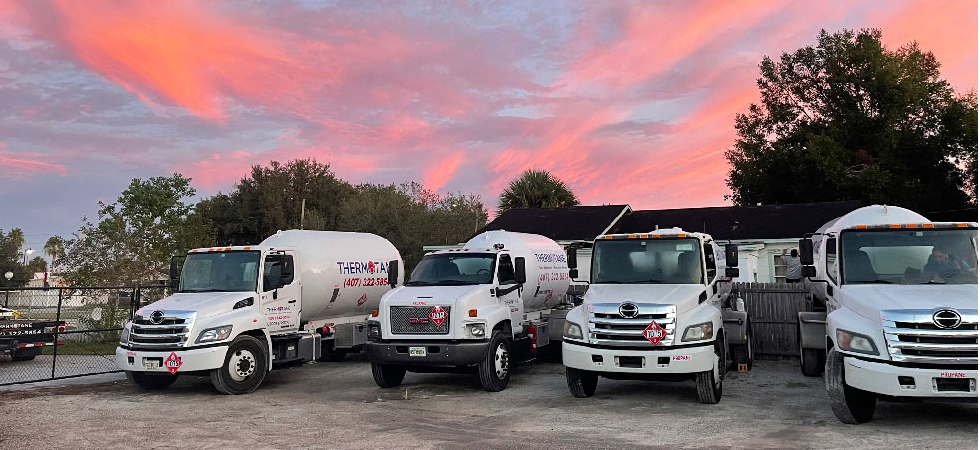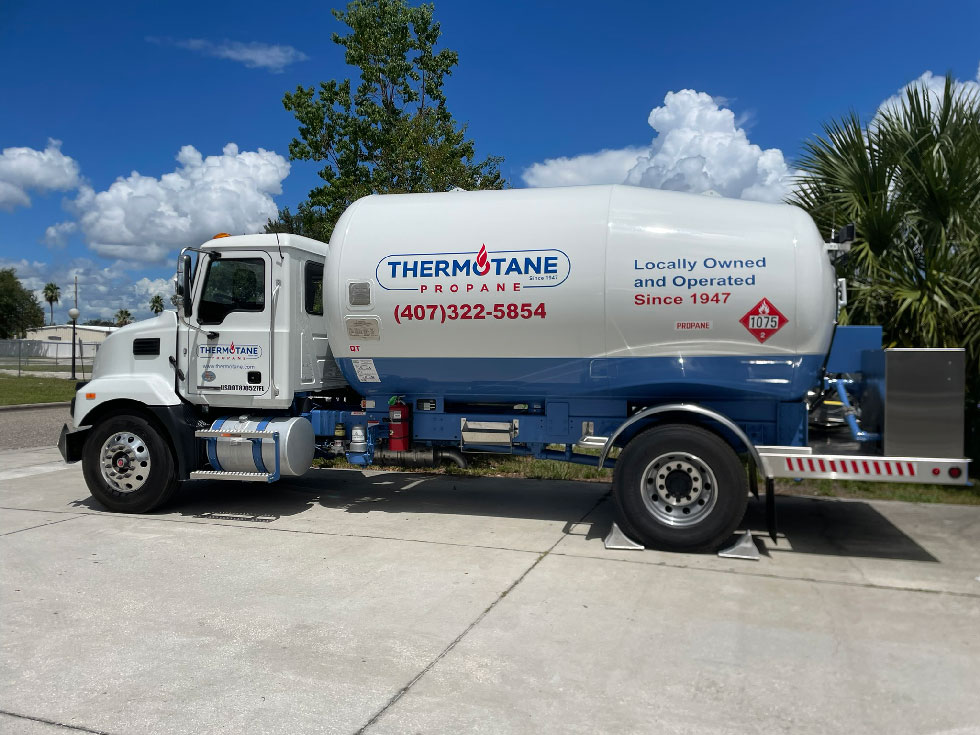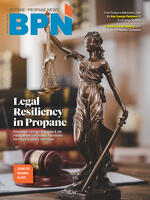
Employee culture is difficult to earn, yet simple to lose. At Thermotane, the biggest challenge in maintaining culture during times of growth has been remembering that employee time is not infinite. We push and push to get all the jobs done, working late and squeezing in extra hours. The jobs get done, new customers are onboarded and even referrals come in. The mindset of “we are crushing it” is exhilarating — until a key employee turns in their two weeks’ notice.
That moment changes everything. You realize that weekdays spent working late meant missing dinners with family, canceling plans with friends and sacrificing quality of life. We have learned from mistakes like these and remind ourselves of the true purpose of the business. The culture we work to instill is simple: Give the business your best when you are here, and the business will ensure you have what you need in life while maintaining a healthy work-life balance.
Making Employees Feel Heard & Valued
Every employee matters. We want them to feel heard and valued as the organization scales. Everyone is different, and people only feel comfortable sharing in certain environments. Therefore, we create opportunities for feedback through company parties, team meetings, one-on-ones, team-building events, reviews, lunches and more. Promoting from within is the most beneficial way to show value. Hiring leaders from outside the local market can be difficult, but when we promote from within, we prove that dedication is not only noticed but also rewarded.
Employee education is also very important to us. We not only pay for further education but encourage it. We want our team members to succeed in life as well as in work, and we are always here to support their growth. We keep an open-door policy, and every employee has my personal cellphone number along with all the managers’ numbers. They are encouraged to call anytime.
Balancing Tradition With Innovation
At Thermotane, we communicate in person whenever possible. Just because we can host a Zoom meeting doesn’t mean it’s the right move. In-person meetings keep people engaged and present. While we embrace technology for internal communication, document sharing, and live projects, important conversations and brainstorming sessions take place at the office with everyone in attendance.
When new processes or technologies are introduced, we focus on vision. Sharing the “why” behind changes reduces resistance and increases energy. Taking the time to explain how departments work together builds buy-in and commitment. We dedicate time to one-on-one training and make sure every employee feels confident using new tools. The idea of “no employee left behind” guides us.

The Role of Middle Management in Employee Culture
Middle management plays a vital role in sustaining culture. I stress to them the importance of being available and keeping their ears to the ground. That means making site visits, surprising employees with drinks or lunch and being present when someone needs to talk. If an employee says they need to speak with their manager, nothing is more important than that conversation. I remind managers: “I don’t know what I don’t know.” It is their job to be informed and relay all critical information so we can maintain and grow culture.
Building on Company Legacy to Drive Engagement
Company history and legacy are powerful tools for building future engagement. Many of our employees have been here for four to 30 years, and their opinions are as good as gold. They know whether I care, listen and promote within — or if I am just someone who sounds good on stage. As Andrew Carnegie once said, “Take my money, but leave my people.” If I lost everything but kept my most loyal people, no one could beat us.
Today, we have seven employees with five or more years of service, including one at 28 years, another at 18 years and several between five and 10 years. The conversations these employees have with their teammates when I am not around are the backbone of our legacy. Sharing with new employees why long-term team members have stayed, and offering them the same opportunities, sustains that legacy.
Rituals & Systems That Strengthen Culture
We build connection across teams and generations through shared experiences. Thermotane hosts two company parties each year: a casual summer event and a formal Christmas gathering. We hold monthly team meetings, annual team-building events that mix departments and ages, quarterly sales blitzes that pair people who rarely see each other and even simple coffee or donut days. These small rituals create closeness and build culture.
Measuring Culture & Engagement
Measuring culture and engagement is both practical and personal. I observe meetings: Is one person lecturing, or is there a conversation with multiple people contributing ideas? I push managers to be inclusive and to think creatively. I also place myself in others’ shoes — whether new hire, long-term employee or manager — to understand what would drive engagement. During reviews, we ask two key questions: “What is the risk level of you leaving?” and “How happy are you here?”
Lessons for Other Business Leaders
The most important lesson I can share with other leaders is this: Don’t chase! If growth doesn’t feel solid, stop and regroup. If it seems too good to be true, it probably is. Culture must be protected at all costs because one bad apple can undo years of stability and goodwill. Greed is not good if you care about people long term. Respecting employees’ time — both at work and outside of it — is nonnegotiable.
I believe the most important leadership qualities for sustaining culture are trust, honesty and loyalty. Leaders must be trusted to act in the best interests of the business and its people. Honesty starts with acknowledging your own strengths and weaknesses. Loyalty is earned through actions, not words.
Continuing the Thermotane Family Legacy
On a personal note, my father passed away unexpectedly on Aug. 9. I had the privilege of working alongside him for almost 20 years. He carried on the legacy started by his father in 1947, and he entrusted me with that responsibility. Our legacy is one of hard work, dependability, kindness and family.
I now sit here without a business partner and without a father, wondering what my legacy will be in 20 years. I cannot control how history will remember me, but I hope my people loved working for Thermotane. I hope they valued their teammates, grew personally and professionally and knew that the company supported them. I hope our local community and our country benefited from our work.


